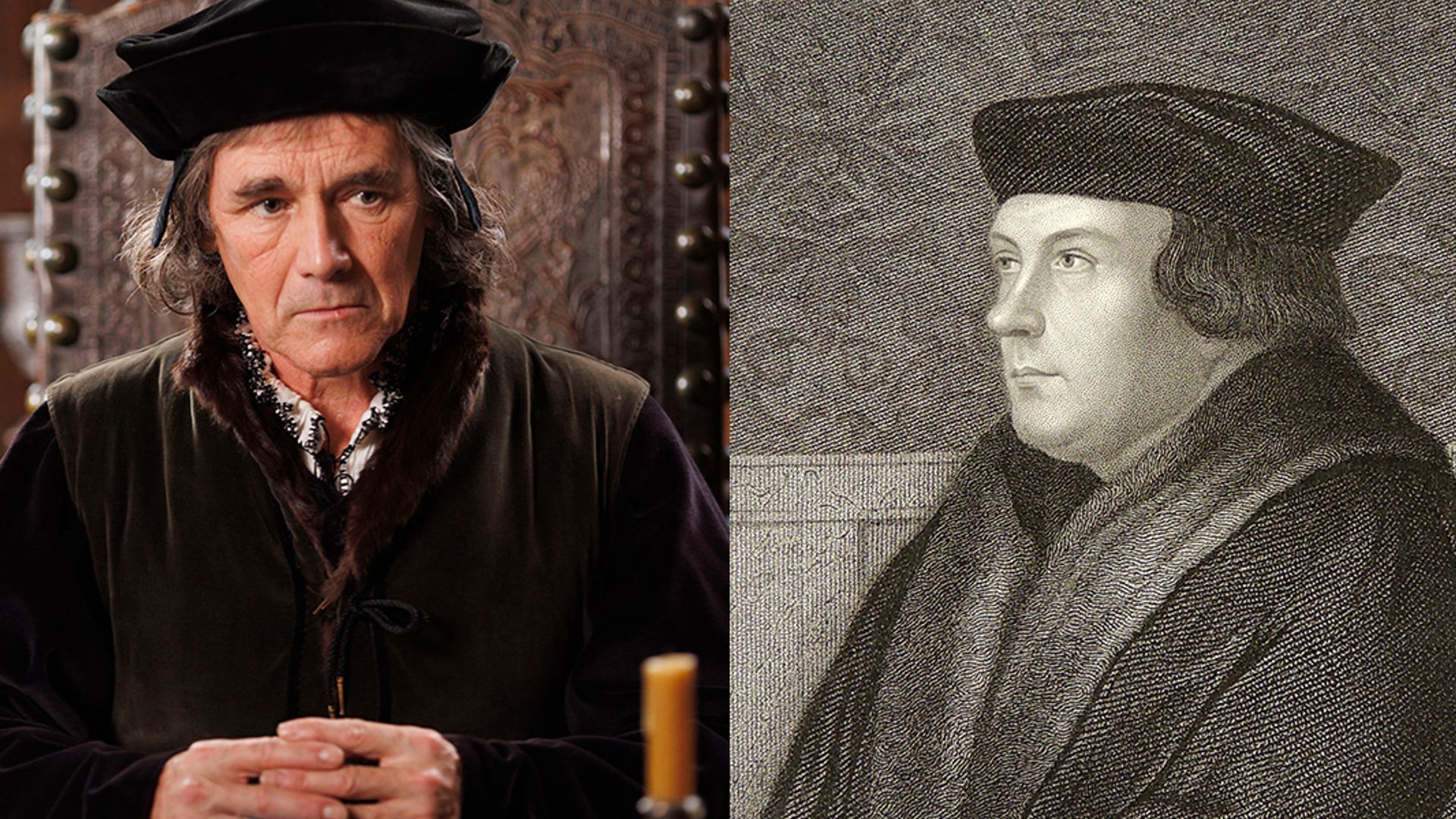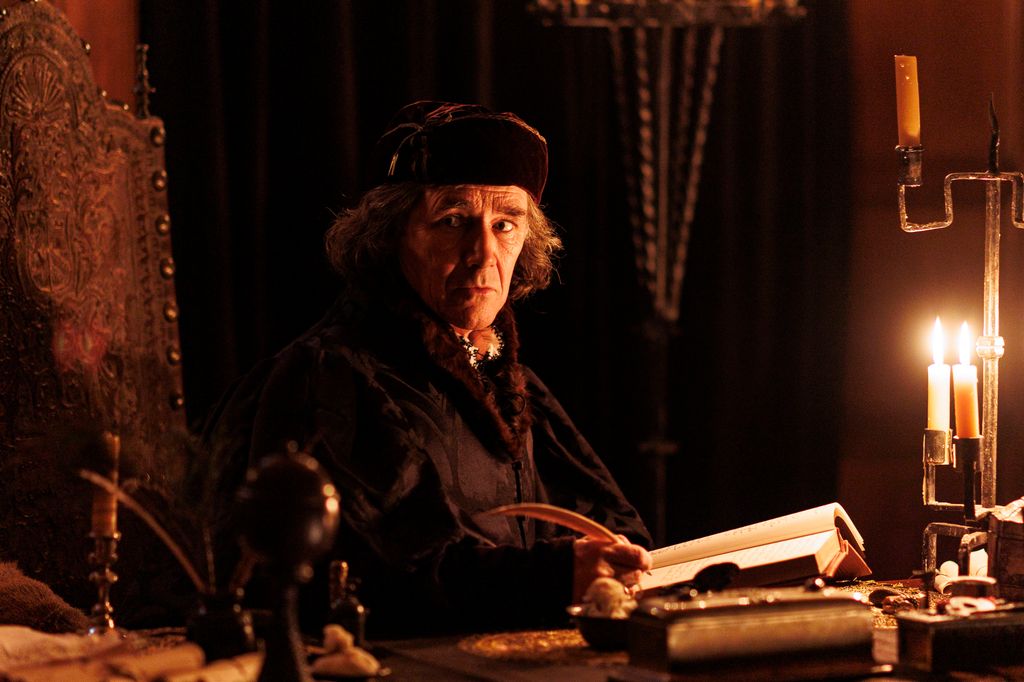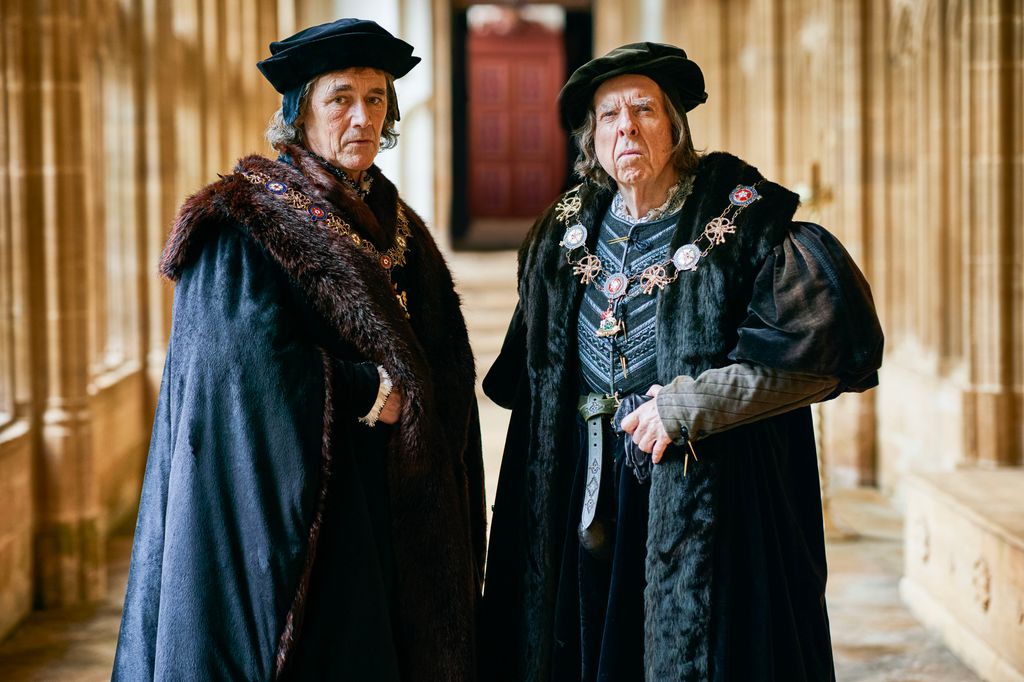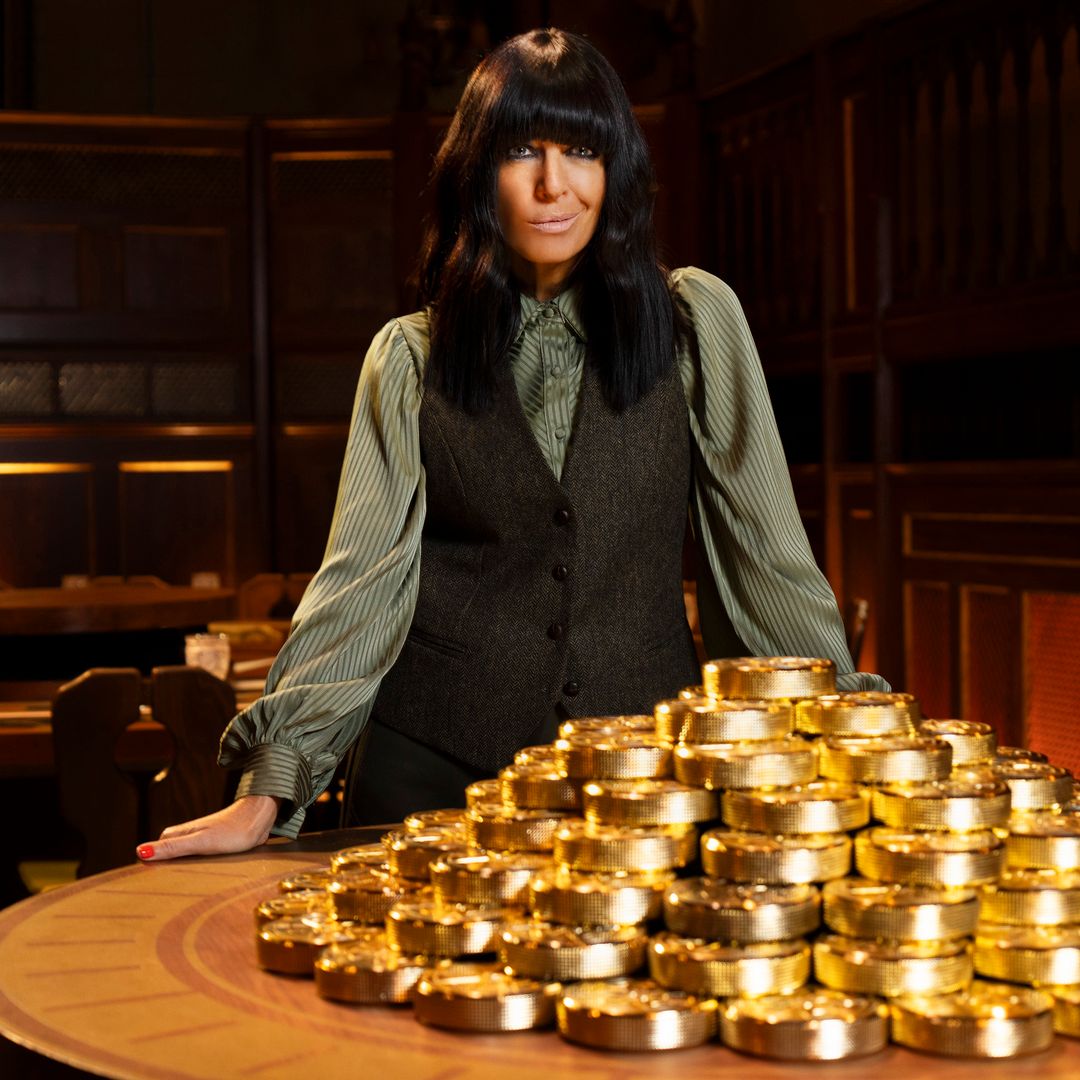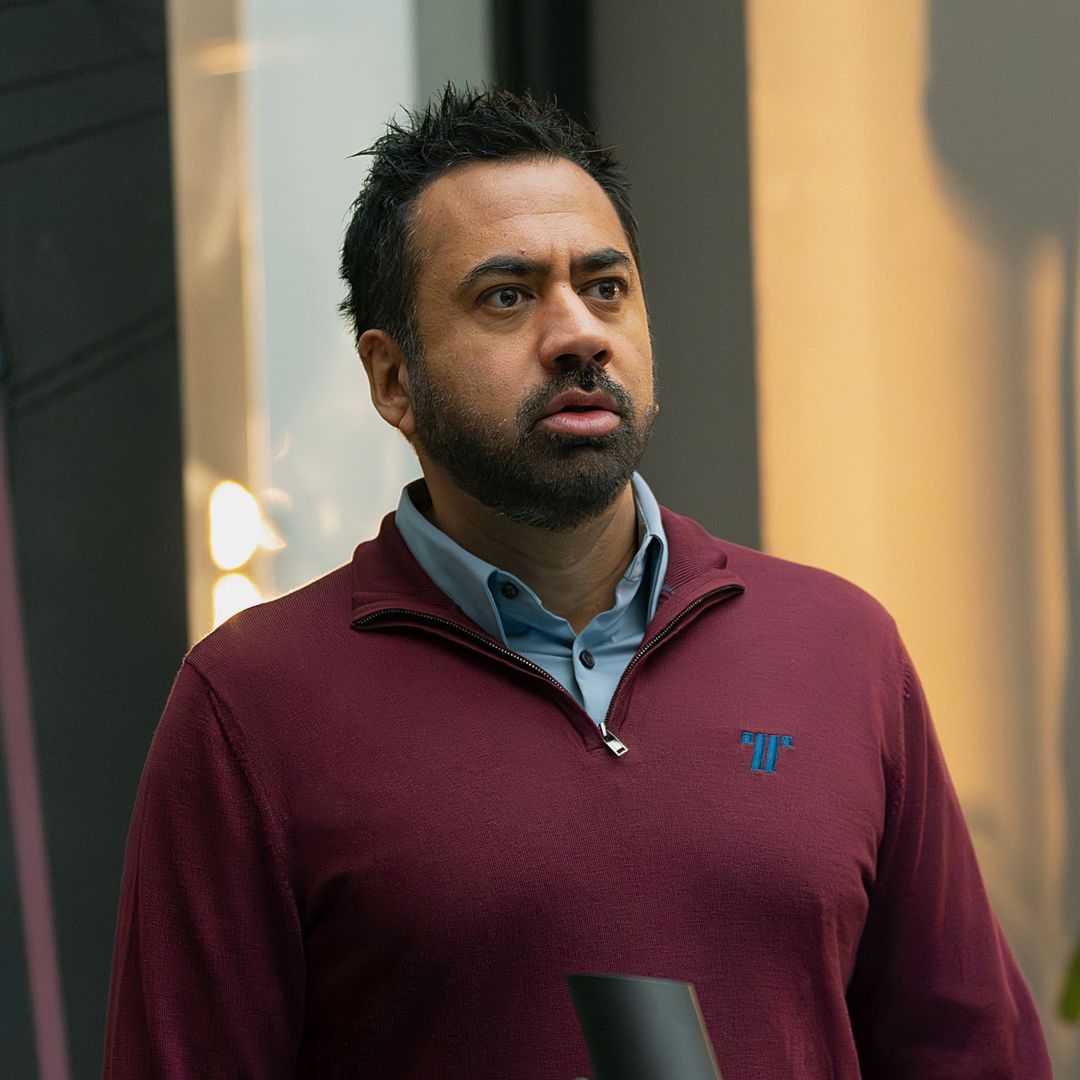Wolf Hall has reached its grisly conclusion with the execution of Thomas Cromwell, who died by beheading after being accused of treason and heresy without a trial. There have been various reports about Thomas' death, with many historical accounts claiming that it was particularly gruesome after his death was botched. But what really happened? Ahead of the BBC drama's heavy conclusion, here's what we know…
Thomas, who was the King's right hand man and his biggest supporter, was the victim of a smear campaign by his enemies, including the Duke of Norfolk, who were determined to see him ruined. Their slander, as well as Cromwell's own political mistakes including his match with Anne of Cleves, convinced Henry to have Thomas arrested - particularly as he was also accused of heresy for his supposed anti-Catholic beliefs.
As Cromwell was a tremendously gifted lawyer, he was sentenced to death without a trial in case he was able to explain himself out of all of the charges. Instead, Cromwell wrote to the King begging for mercy, but his pleas were ignored. His letter read:
"Written at the Tower this Wednesday, the last of June, with the heavy heart and trembling hand of your Highness’s most heavy and most miserable prisoner and poor slave. Most gracious prince, I cry for mercy, mercy, mercy."
He was executed on 28 July 1540, at the same time that Henry married his teenage bride and fifth wife, Catherine Howard - who also happened to be the Duke of Norfolk's niece.
There are conflicting reports surrounding Thomas' beheading by axe. While he was spared being burned at the stake or being hung drawn and quartered, his death was also not considered to be a quick one, with one eyewitness Edward Hall writing: "So patiently suffered the stroke of the axe, by a ragged and Boocherly miser, which very ungoodly perfourmed the office."
As such, it is widely believed that something went wrong during the execution, though it is unclear what. It is reported that it took several blows to kill Cromwell, with a Victorian essayist, Arthur Galton, claiming that two executioners worked for "nearly half an hour" to behead him.
However, other contemporaries of Cromwell have claimed that the execution went smoothly, including Thomas Wriothesley, who wrote that he was beheaded without mentioning any issues, while French ambassador Charles de Marillac claimed that he was spared a worse death.
His head was also displayed at London Bridge before being reunited with his remains and buried at the Chapel Royal of St Peter ad Vincula.
